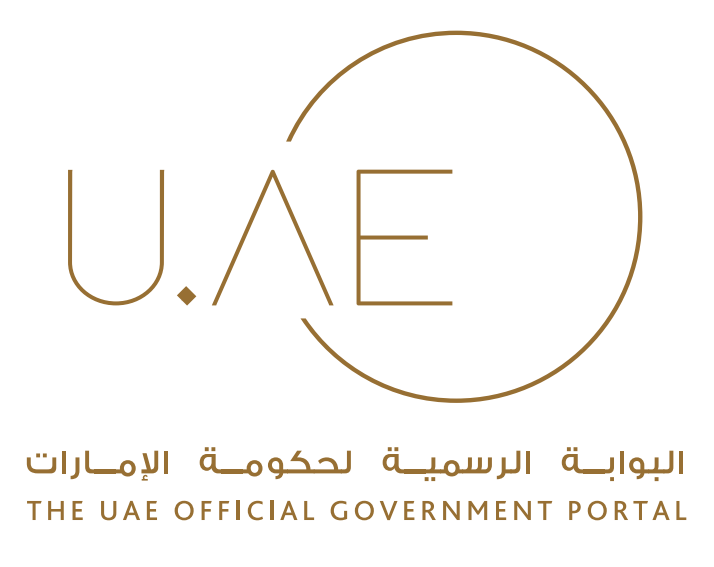The ICOM Dubai 2025 Organising Committee handed over the ICOM flag to the city of Rotterdam, Netherlands, which will host the 28th General Conference of the International Council of Museums (ICOM 2028). The handover took place during the closing ceremony of the 27th General Conference of ICOM Dubai 2025, held under the patronage of His Highness Sheikh Mohammed bin Rashid Al Maktoum, Vice President and Prime Minister of the UAE and Ruler of Dubai. This marked the first time the conference was hosted in the Middle East, Africa, and South Asia.
The flag design draws inspiration from the intricate embroidery and artistry of the traditional Al Talli craft, reflecting local cultural identity, the nation's deep connection to its intangible heritage, and its commitment to preserving this legacy for future generations.
The execution of the ICOM flag project involved a series of stages, starting with the production of individual Talli strips, followed by the creation of the ICOM logo and its meticulous attachment to the fabric. Each stage highlighted the precision and creativity of Emirati craftsmanship. Three copies of the flag were produced: one was handed over to the city of Rotterdam, Netherlands, while the second was archived in the ICOM archives, and the third was kept in Dubai, the host city of the current edition.
A group of Emirati women artisans from different emirates contributed to weaving the flag in accordance with the traditional Talli craft, creating a distinctive artwork that embodies the beauty of local heritage and the precision of its inherited crafts. Their contributions also highlight the integral role Emirati craftsmanship plays in the nation’s cultural identity.
The flag was designed by Emirati artist Sara Al Khayyal, with support from Sandooq Al Watan, a contributing partner. The artwork harmoniously combines contemporary creativity with the traditional Talli weaving craft, a long-standing symbol of local heritage and Emirati women’s skill. The initiative reflects Dubai’s commitment to preserving traditional crafts and its living heritage, as well as celebrating its cultural value globally.
The design highlights the ICOM logo in two shades of blue, woven using four traditional Talli stitches: Fanikh Al Batikh, Alberwi (or Almeshara), Alfin, and Alkouli. Showcasing the artisans’ skill and the richness of the UAE’s culture and heritage, these stitches help powerfully convey the conference theme, ‘The Future of Museums in Rapidly Changing Communities.’ Through the harmony of these patterns, the artwork expresses unity in diversity. The exquisite craftwork highlights the role of culture as a bridge between peoples, a platform for future foresight, and a celebration of creativity.
It is noteworthy that in 2022, the UAE succeeded in having the Talli craft inscribed on UNESCO's Intangible Cultural Heritage list. This achievement reflects the nation’s commitment to safeguarding its rich heritage, promoting it internationally, and ensuring the right environment for traditional industries to thrive.
A traditional craft practised by women within Emirati households, Talli is one of the most prominent components of local cultural heritage passed down through generations. This manual craft is characterised by its fine metallic and silk threads, vibrant colours, and designs inspired by local elements. A genuine art form that reflects the identity and aesthetic values of Emirati society, Talli remains a living craft taught and passed on within families, schools, and cultural centres. The traditional craft continues to play a key role in bridging generations and preserving Emirati identity and creativity.









 For an optimal experience please
For an optimal experience please